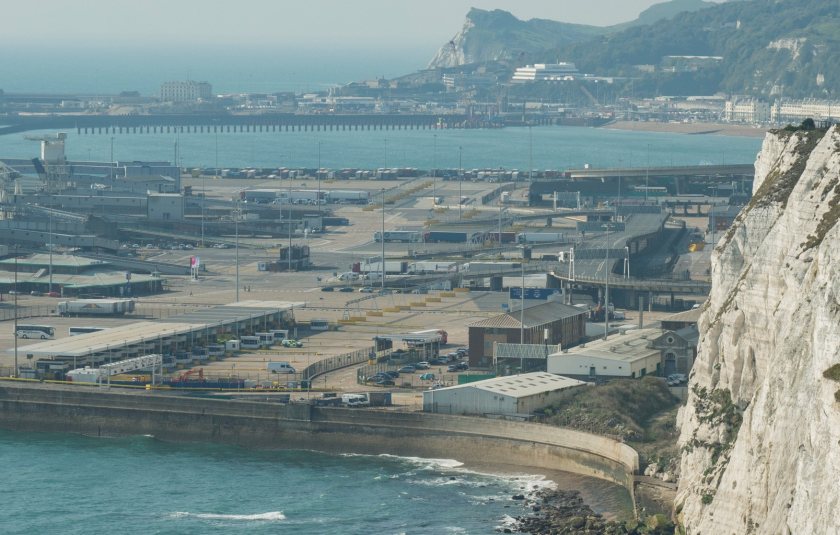MPs deliver second damning verdict on border controls amid industry concern

The government is under mounting pressure to overhaul Britain’s border controls after MPs issued their second highly critical report in a week, branding its flagship import system “flawed” and “inadequate”.
The Environment, Food and Rural Affairs (EFRA) Committee’s latest investigation follows last week’s findings which found that the UK was facing its biggest food safety threat since the horse meat scandal due to biosecurity failings.
The new report by the committee focuses on the government’s Border Target Operating Model (BTOM) and its approach to UK-EU trade.
MPs concluded that the BTOM is failing to deliver “a robust, risk-based regime of inspections” to protect the country from potentially infected food imports.
MPs warned that the current system places “excessive burdens both on responsible, law-abiding businesses and on local authorities, and may be creating incentives and opportunities for criminals.”
The report also said banned products are still entering the country unchecked, while Defra lacks “an effective system of oversight”. The committee noted that the previous government’s vision for a comprehensive Biosecurity, Borders and Trade Programme “has not been realised.”
Varying inspection rates at different ports were found to undermine trust among compliant businesses and create loopholes for those seeking to avoid costs or import illegal goods.
MPs also expressed scepticism about Defra’s refusal to publish inspection rates, remarking: “We have concerns that they are not being published to avoid highlighting Defra’s historic noncompliance with its own targets.”
The committee has urged Defra to clarify inspection rates, explain port-by-port differences, and demonstrate how risk-based checks are being met.
The report singles out the inland Sevington Border Control Post (BCP), located 22 miles from Dover, as a major vulnerability. Echoing warnings from the Dover Port Health Authority, MPs said the site “provides opportunities for exploitation by criminals.”
IT weaknesses were also highlighted. After the government banned German meat imports earlier this year due to a foot and mouth outbreak, prohibited products continued to enter the UK for six days because of a default digital mechanism known as TODCOF auto-clearing.
EFRA chair Alistair Carmichael praised the compliance of law-abiding companies, despite the high costs they face, but warned that enforcement was falling short.
He said: “Our report describes the numerous problems and inadequacies which are making it impossible for the designated authorities to do their job.
“These problems arise from a failure by successive governments to appreciate the gravity of the threat, listen to stakeholders, address problems in real time and to understand that, even in a time of scarcity these operations must be adequately funded.”
National Pig Association (NPA) chief executive Lizzie Wilson said the findings reinforced what the association had been warning about for years.
“This report shows the stark reality of just what is and isn’t happening, at our borders; the alarming reality that the NPA has been trying to highlight for the past three years,” she said.
“The ongoing illegal import of meat and animal products poses one of the biggest risks to not only the UK’s domestic pig herd, but also the wider farmed livestock sector.
"With African swine fever rife in the EU, and recent outbreaks of Foot and Mouth Disease, it is imperative that our border control system is fit for purpose.”
Ms Wilson welcomed the committee’s recommendation that Defra review BTOM, assess non-compliance and strengthen enforcement, particularly between the Short Straits and Sevington BCP.
She added: “We urge the government to take this report seriously, engage with industry and act without delay to strengthen our national border and biosecurity, and protect our domestic pig sector from notifiable disease risks before it’s too late.”
A government spokesperson said: “Rebuilding the UK’s biosecurity remains a key government priority, and we are investing £1 billion in a new National Biosecurity Centre to boost our world-leading facilities and protect our farmers, food supply and economy.
“The Border Target Operating Model is designed to protect our livestock, crops and food chain from dangerous diseases while minimising disruption to trade, and must be followed while we finalise our veterinary agreement with the EU that will make trade with our biggest market cheaper and easier.”








